Rosie Matheson’s Boys
“I’ve learned that there’s a lot of hope for our generation”, responds Rosie Matheson, when asked what she’s taken from her time shooting her long-term project, Boys.
In 2015, Matheson – then a burgeoning photographer – began taking portraits of young men. “I was photographing young males because it was a subject matter I felt comfortable with,” she reveals. “I was still figuring out which style of photography I liked most, how to interact well with people, how to use light. Shooting young men meant that I could turn up with two rolls of film, walk around for 20 minutes and that would be it – they almost took the pressure out of it being a portrait shoot.”
Three years on, Boys is now described by Matheson as “an exploration of boyhood and masculinity”. The project has also evolved from a hobby into an ongoing series that the photographer sees as “challenging the relationship between males and the idea of masculinity pressured by society”.
Having now documented “definitely over 100” young men from Manchester, London, Brighton, Paris, Los Angeles, Hawaii, Cape Town, and other places around the world, Matheson is unveiling the project IRL for the first time, at an exhibition which she has been trying to organise for over a year. Despite its debut, the photographer is keen to assert that this is “by no means the end of the project”, and that it will continue to grow and evolve.
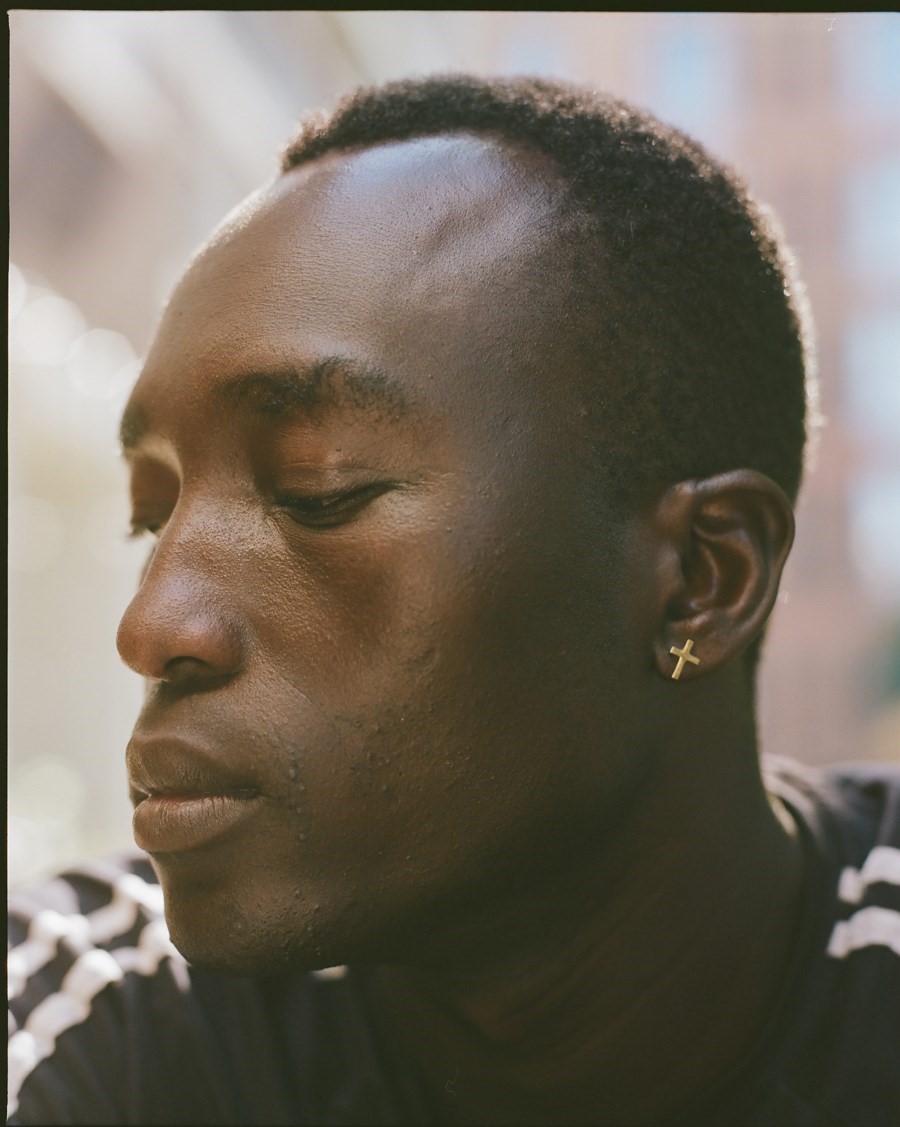
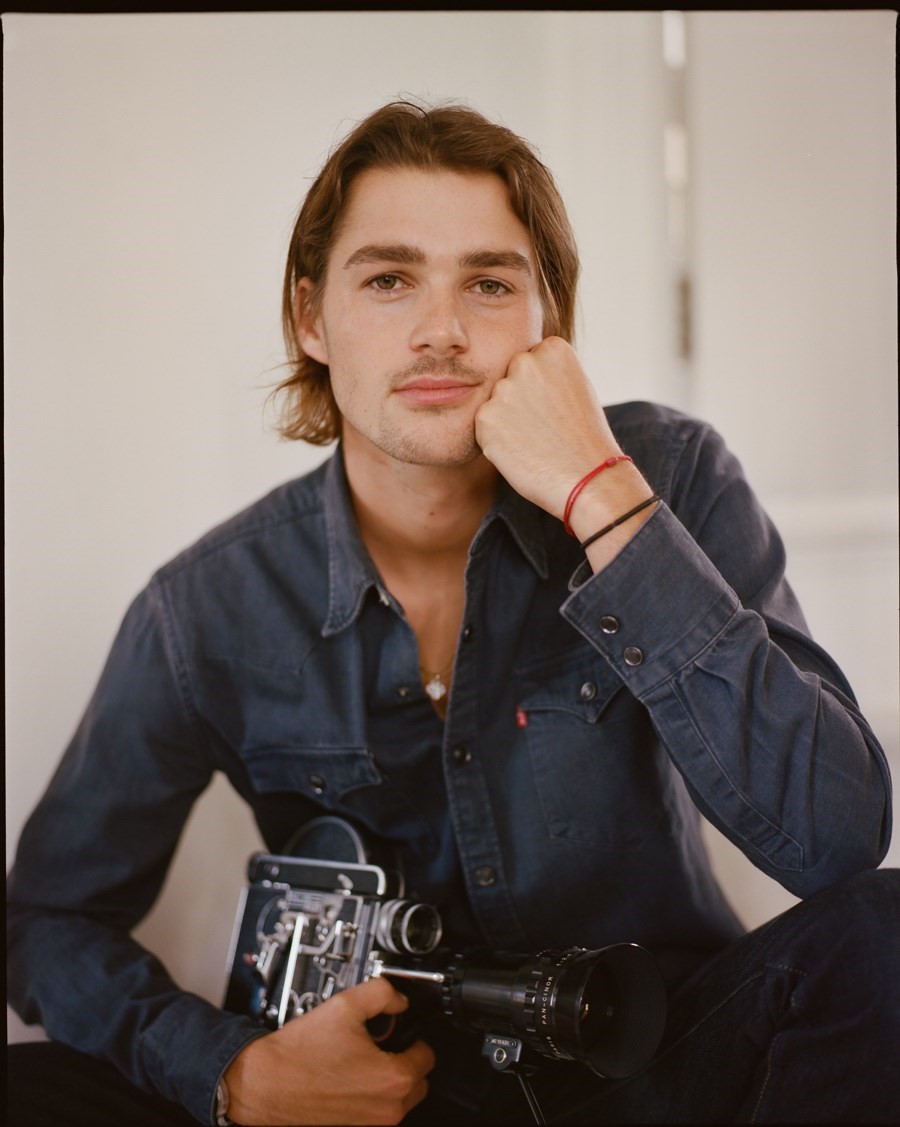
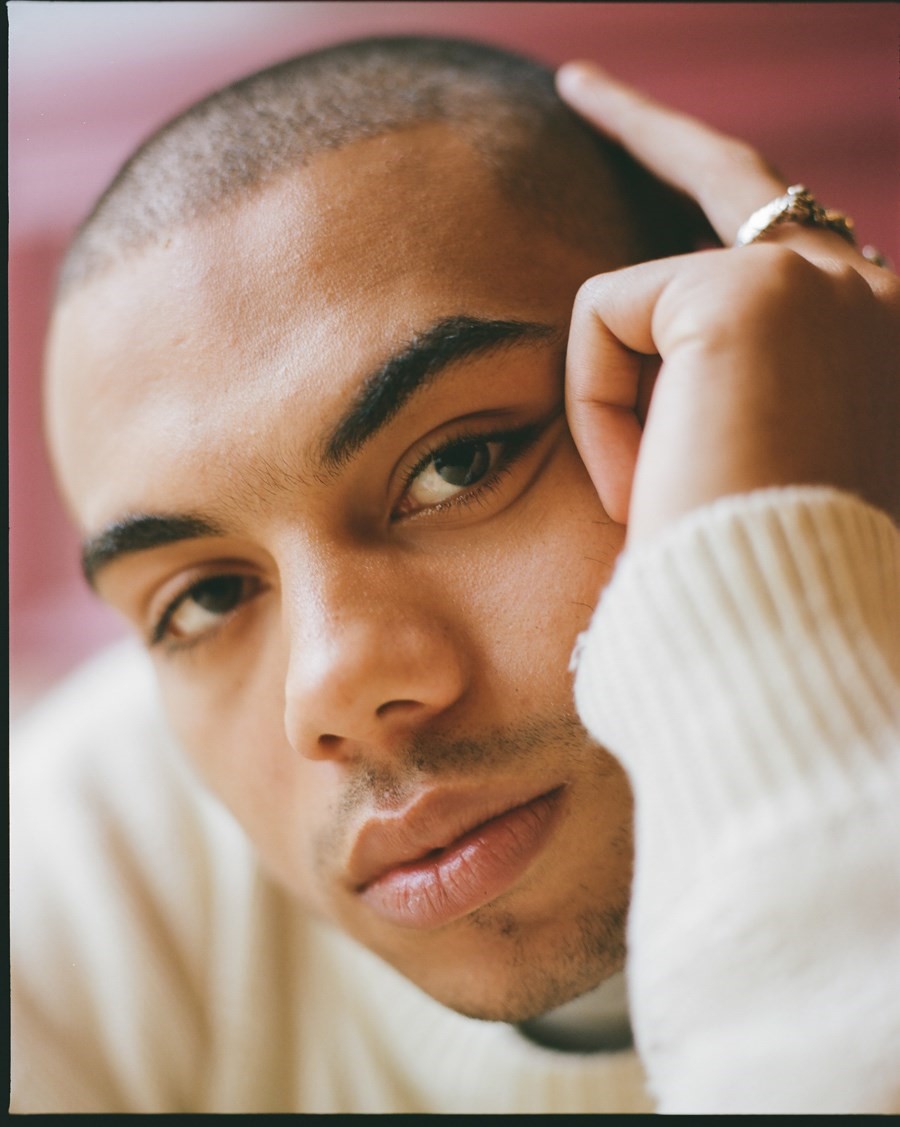
Alongside the exhibition is a photo book, and a short documentary made with filmmaker Kaj Jeffries, the latter which Matheson believes “adds elements to the project that the photos can’t”. Ahead of Friday’s launch, we caught up with the photographer to find out what’s been driving this project for the last few years, what she’s learned, and what we can learn from these boys.
“There is definitely a changing idea of masculinity that I’ve seen over the years – there is a slow breakdown of ‘what it means to be a man’” – Rosie Matheson
Boys has been in the works for a few years now – why did you originally begin this project?
Rosie Matheson: The basis of the project was always about examining the idea of self-expression in young men, capturing their emotions and looking at how they present themselves in everyday life.
When Boys first started – due to a lack of budget – it was more of a hobby. However, my approach and shooting style has really shaped how the project has grown. I still really try to keep each shoot between just myself and my subject, so it’s as intimate and personal as possible. The more people you add to the equation can make someone feel either shy and uncomfortable or can make them play up to it. There’s something special about capturing an honest moment of someone just being.
The past few years have seen any new conversations about masculinity, boyhood, and/or manhood, as well as male mental health. How has the project changed or evolved over the years you’ve been working on it?
Rosie Matheson: At first, it really was just about shooting males; they come as they are – natural, effortlessly cool, and have this carefree attitude on the outside, but a sensitivity on the inside. However, after meeting, photographing and getting to know so many of them now, I began to understand and really get into the deeper side of the project. From capturing them in such a still and quiet moment, they’re so isolated in the photo, and you can really discover who they are. It’s now definitely taken on a narrative to do with being masculine and what does that mean – to young men – today. I think the project has developed as my understanding of what I’m trying to achieve in my images has. I’m learning more as I shoot and I think I’ve tried to get even more insight into each individual as the years have gone by. There is definitely a changing idea of masculinity that I’ve seen over the years – there is a slow breakdown of ‘what it means to be a man’, and the answer to that question is widening.
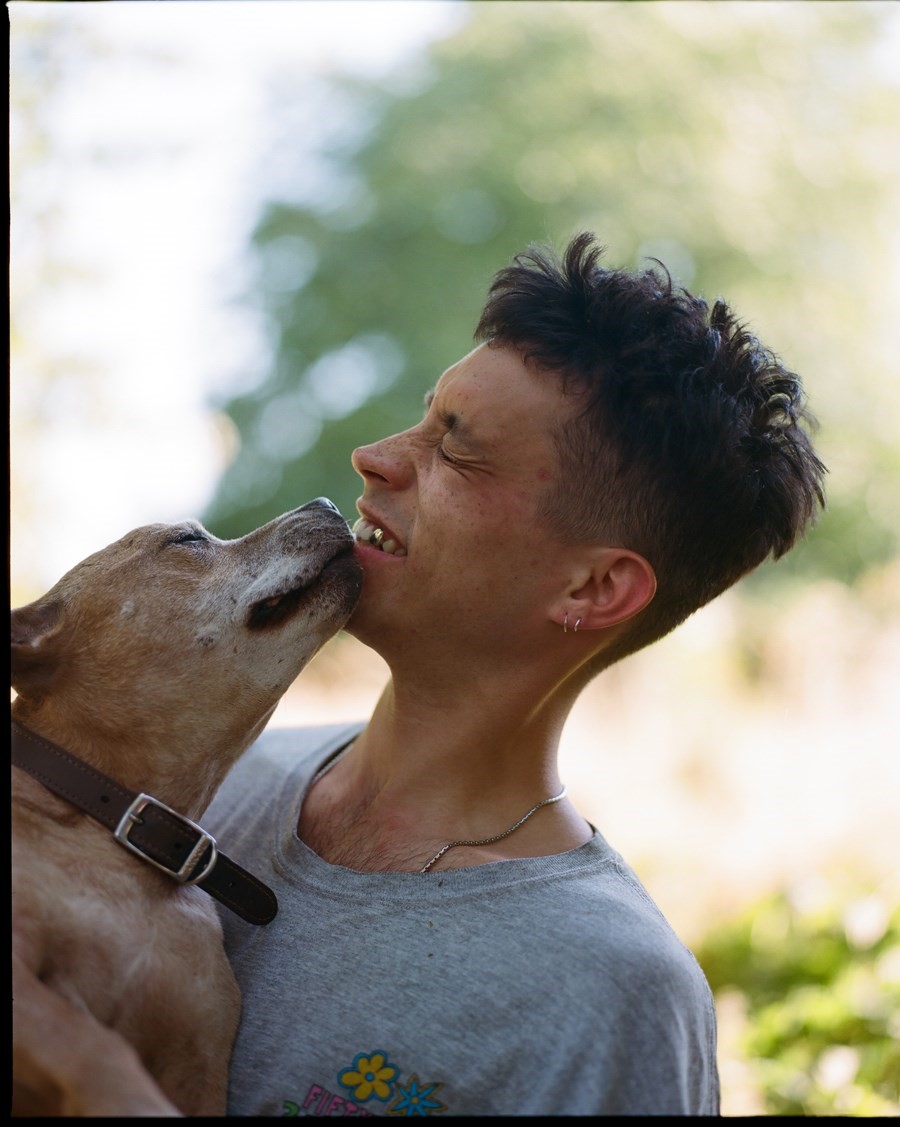
What were some common ideas, concerns, or hopes amongst the boys?
Rosie Matheson: That everyone goes through the same shit and that there are a lot of pressures put on young males which create significant insecurities. We need to allow men to be captured through a softer lens and to allow them to own that softer side. It’s definitely something men need to feel comfortable about and for it to become ‘normal’ for males to talk to one another about things. I feel, a lot of the time, when you talk to a man on their own they are very empathetic, open, and sensitive to their feelings and others. However, in a friendship environment it’s like they have something to prove; everyone is trying to prove their masculinity to each other. Everyone’s environment and upbringing really shape a person – particularly the parents. Everyone deserves the freedom and respect to be who they want to be, and that actually beneath the facade, these boys are all emotional, sensitive, and loving. This should be pushed way more as these shouldn’t be strictly female-associated traits.
Why did you choose to identify the subjects as ‘boys’ rather than ‘men’ – was this a conscious decision?
Rosie Matheson: The project became Boys rather than Men due to the age range. I’m interested in the boyhood to manhood phase, where the world is your oyster – anything is possible, yet you’re at your most vulnerable and pressured. They’re young, they can change, and they’re not set in their ways. It’s a fascinating period of life, which I am also currently in. You’re finding out who you are and what you want to do with your life. It’s a time frame you’ll never get back. I love this quote by Vivienne Westwood: ‘I lived all my life as if I’m young, but now I’m old, I realise not just that youth is precious but that it’s actually something else’ I think that sums it up really.
What have you learned over this time that you've been creating this project?
Rosie Matheson: That there’s a lot of hope for our generation. The attitudes of young people are pretty free and open to many interpretations of masculinity and that masculinity is definitely not something that can be defined. Men aren’t really anything at all like they’re shown or made out to be in media and society and we have to keep fighting and challenging the system that essentially runs and controls us. It’s not only been a beautiful project to shoot but also a deeply interesting psychological study. Humans are fascinating, everything we do, wear, say is a reaction, it reveals something about each of us and for me that interest can never run dry, it’s endless.
What do you hope people take from this project?
Rosie Matheson: By the end of the project, I hope to have documented a moment in history for future study. I want this project to stimulate people’s thoughts and emotions, to make them feel something, and to connect with them. I think the overall idea of acceptance is important to me, and to live and let live. I hope people can find confidence in themselves, feel comfortable in who they are through the subjects in the project, and the narrative of the short film.
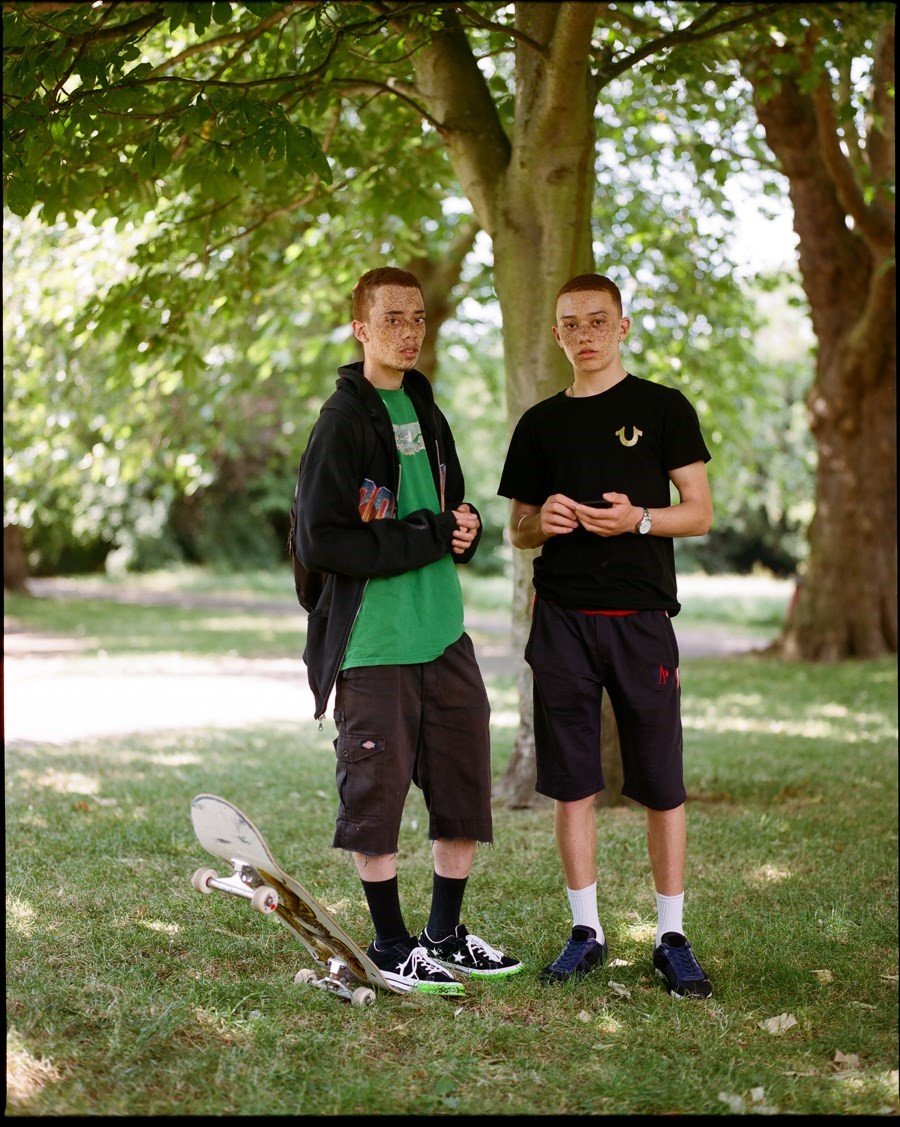
What's next?
Rosie Matheson: I’m going to America next week to continue with this project but really to get into nature for a minute, switch off, and find some new inspiration. Boys is an ongoing series and I hope for it to eventually be a global project, covering cultures, races, different ways of life, all over the world. I’ve got a sweet series coming soon on young dads, which is my new favourite subject to shoot – capturing something so special that will be treasured by the families forever rather than something to post on Instagram. I’m also planning a new personal project idea that I’ll probably start later this year.
The first official screening of Boys is on Friday 27th July at 74 Rivington Street, London EC2A 3AY. Unfortunately, tickets from the first London screening of Boys have now sold out. They plan on screening it again at some point in London but can also be seen on 24th of August at Junior High, 5656 Hollywood Blvd, Los Angeles, CA 90028, USA. In Paris in September, and at selected film festivals at the end of this year. Follow Kaj & Rosie’s Instagrams for more screening updates
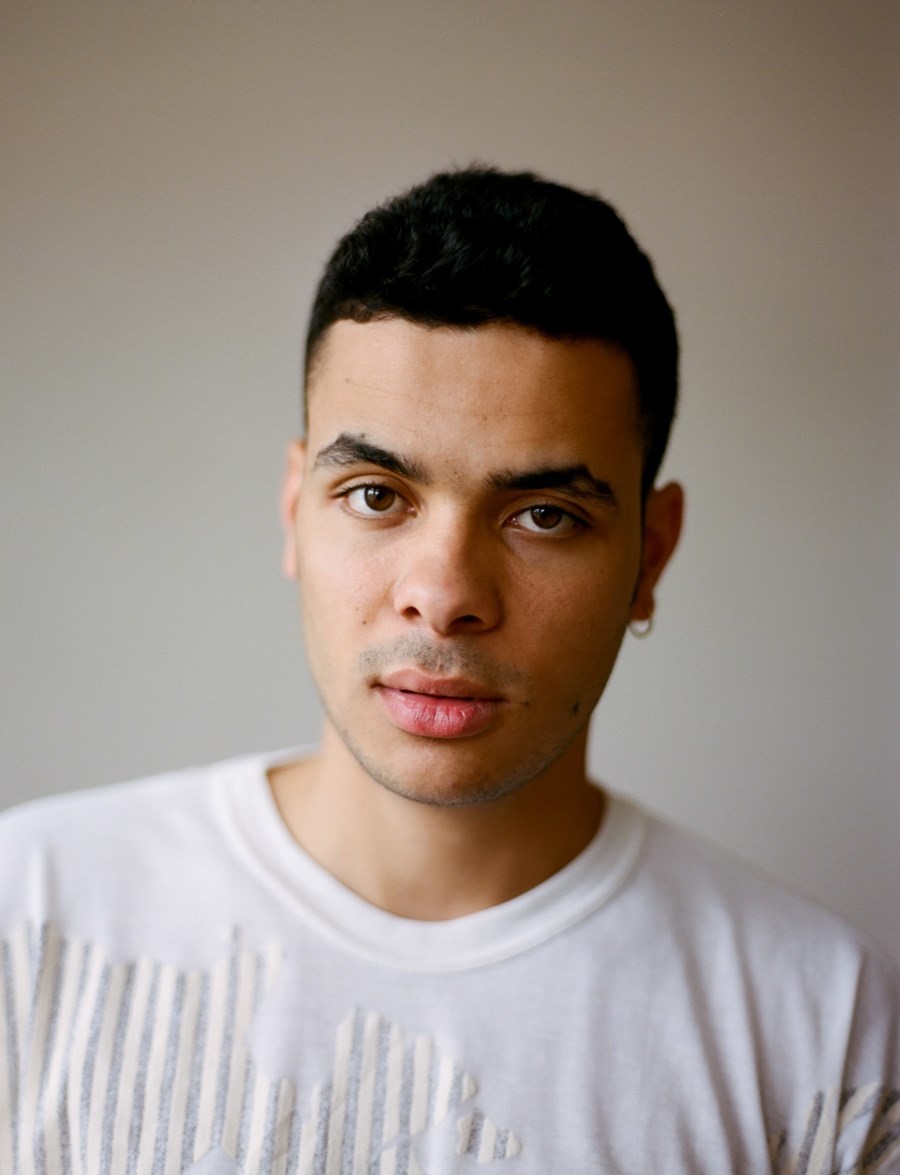
Borrowed from Dazed